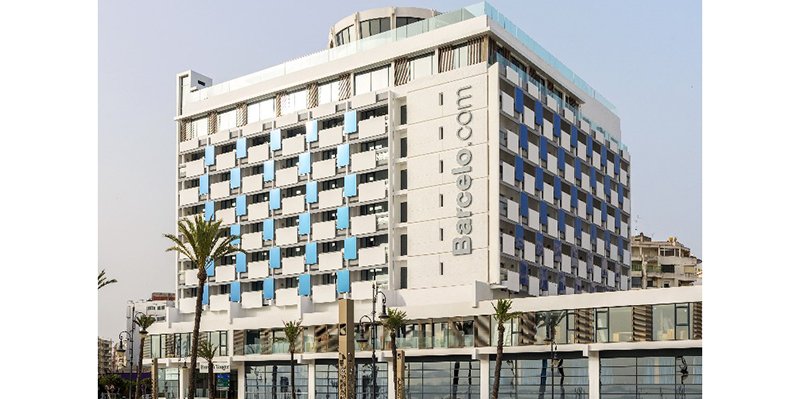The Spanish hospitality giant, Barceló Hotel Group, is intensifying its investments in Morocco, positioning the country as its primary market in preparation for the 2030 FIFA World Cup. With this strategic move, the group aims to enhance its hotel infrastructure in key locations, particularly in Casablanca, a city poised to benefit from the upcoming global sporting event.
According to Enrique Acrich Ecker, the regional director of Barceló, the company’s investments in Morocco surpass those in Mexico, marking a significant shift in the company’s regional priorities. This move signals the growing importance of Morocco as a key player in the international tourism and hospitality sectors.
As part of its expansion strategy, Barceló plans to increase its room capacity in Casablanca to 600, distributed across three hotel properties, including a complete renovation of the Farah Hotel, scheduled to take one year. This development reflects the company’s broader plan to align its infrastructure with the expected surge in tourism due to the 2030 World Cup, which will see Morocco co-host the prestigious event alongside other nations.
The Moroccan tourism sector has been steadily growing, driven by the country’s robust infrastructure and strategic position. Casablanca, in particular, benefits from modern amenities such as an international airport and a high-speed rail network, including the Al Boraq TGV, which enhances connectivity between Casablanca, Marrakesh, and Agadir. Furthermore, the city is set to become an even more attractive destination with the planned construction of a new large stadium in Benslimane, complemented by other infrastructure projects designed to improve the city’s accessibility.
The investments in Casablanca align with the group’s broader goal of supporting the rapid growth of Morocco’s tourism sector, driven by both the 2025 Africa Cup of Nations (AFCON) and the 2030 World Cup. The combination of world-class hotels, state-of-the-art stadiums, and purpose-built training camps will enhance Morocco’s appeal as a prime destination for international events and tourism.
Barceló Hotel Group’s ongoing projects in Morocco are not limited to expansions in Casablanca. With six hotels already in operation in the country since 2006, the company is committed to diversifying its offerings to meet the growing demand for business, cultural, and leisure tourism. This includes a mix of premium services that cater to both international tourists and local visitors, reinforcing the group’s position as a leading player in Morocco’s hotel sector.
To date, Barceló has invested over €150 million in acquiring, renovating, and repositioning several hotels in collaboration with local partners, underlining its commitment to the development of Morocco’s tourism infrastructure. As the company continues to expand its footprint, it remains focused on aligning its operations with the dynamic growth of Morocco’s hospitality and tourism industries.
In conclusion, Barceló Hotel Group’s strategic investments in Morocco serve as a testament to the country’s growing importance as a destination for global tourism. With the 2030 World Cup on the horizon, these investments are poised to position Morocco as a key player in the global hospitality sector, creating new opportunities for economic growth and international visibility.








